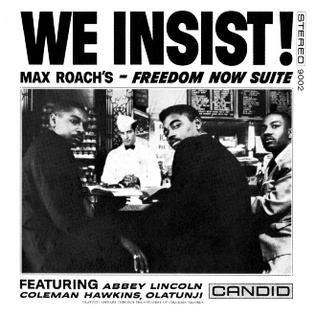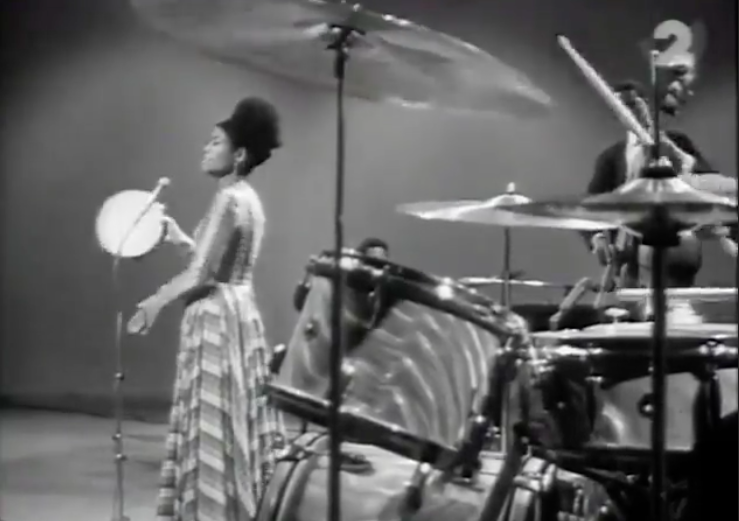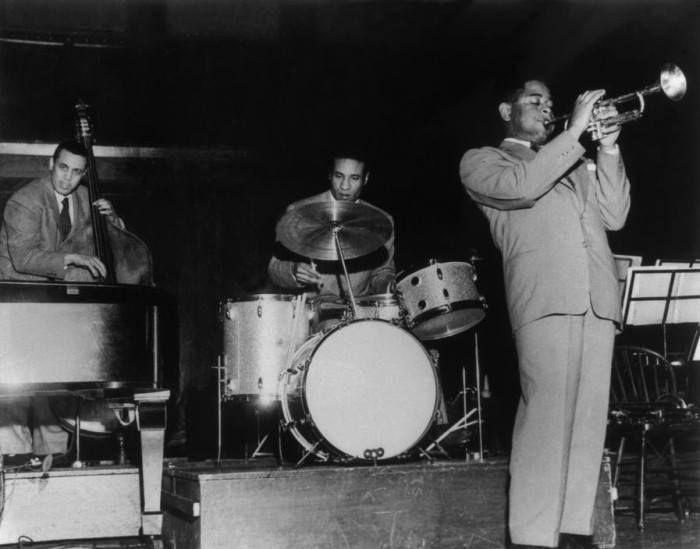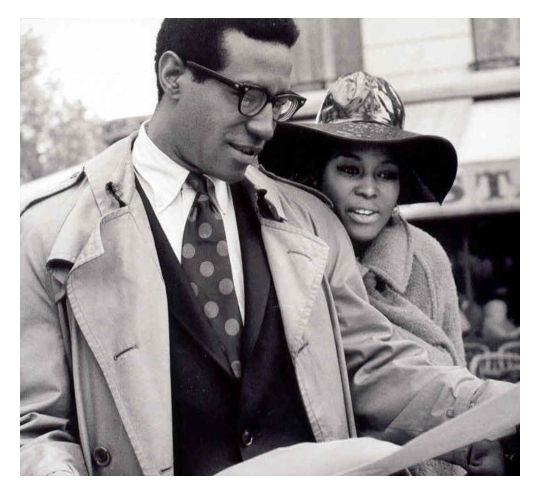This album focuses specifically on the Civil Rights Movement in the 1960's. Through providing pieces with elements of both African and American culture, Roach reminds the audience of jazz's African roots, while communicating the need for action against racial injustice across the globe.
"...it is the fact that for people of color the drums are essential in terms of communication, in terms of ritual, in terms of calling down energies and spirits to actual material form."
(Martin Vega, organizer of “Sacred Drums” project concert at Duke Ellington School of Music, 1990)
Due to the "We Insist!" album's controversial topics, there were many negative responses and reviews. However, the album continued to gain publicity, and as a result, spread its intended message throughout American society. When performed at the Philadelphia NAACP Convention in 1961, it became a beacon of civil rights awareness, especially in the South.



